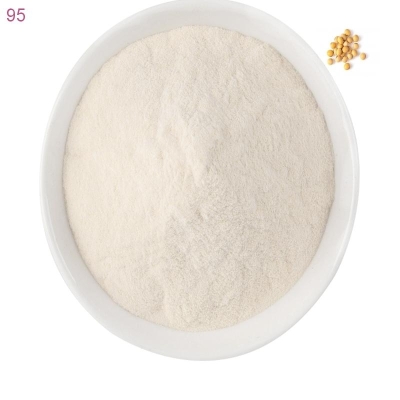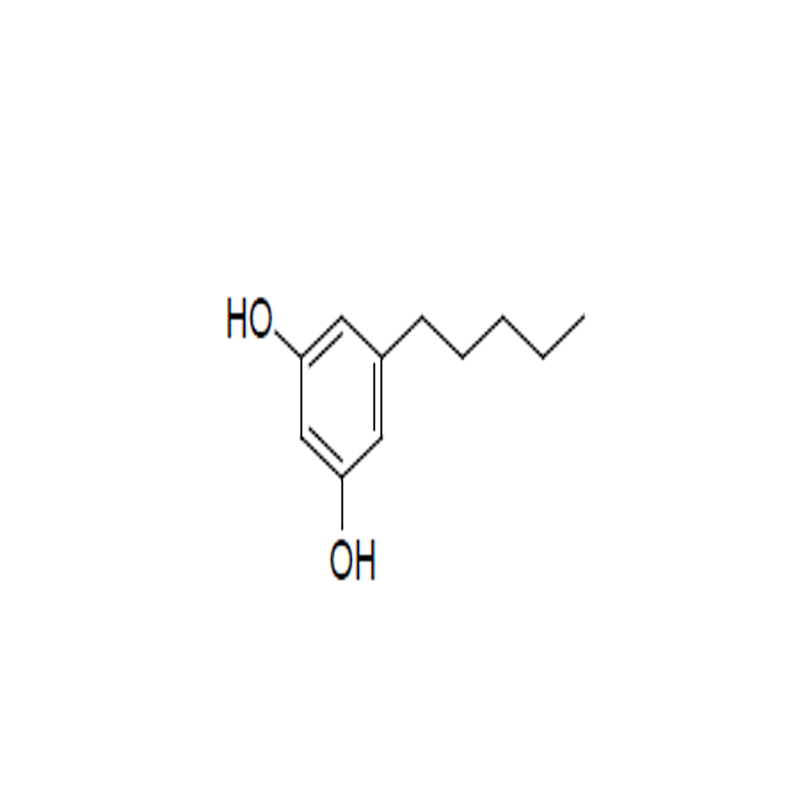What is the sweetness of our sugar-free gum?
-
Last Update: 2020-12-31
-
Source: Internet
-
Author: User
Search more information of high quality chemicals, good prices and reliable suppliers, visit
www.echemi.com
people like to chew gum when they are bored to ease the loneliness of their mouths. Sugar-free chewing gum is popular with consumers. Sugar-free chewing gum is also sweet because it contains sweet ingredients such as glycolycol.
some people may see the name glycol, which sounds "scientific", and think it's a chemically synthetic substance. In fact, lycool is a natural sweetener, sweetness and sucrose similar, widely used in nature. Many plants, especially birch trees, corn cores, sugar cane slag content is high, so the production of glycolycol mainly with these as raw materials.。 Mlycolycol is also a carbohydrate made up of carbon, hydrogen and oxygen, which also release heat after oxidation in the body. However, the metabolic process is different from the general sugar, do not need insulin promotion, can go directly into the body to provide us with energy, the body ingested glycolycol, the blood glucose content increased very little, not enough to cause the rise of blood sugar values. It is often used as a substitute for sugar and is popular with people with diabetes.。 In addition, glycol also has the role of anti-caries, mlycolycol can not be used by bacteria that produce caries, inhibit the production of acid in the mouth, maintain the neutral environment of the mouth, prevent teeth from being eroded by acid, can effectively prevent tooth decay.
At present, glycol is mainly used to increase the sweetness of food products, such as sugar-free chewing gum, icing sugar chocolate, woody alcohol bread, woody alcohol biscuits, soda bubble water, sugar-free flavor yogurt and other foods. Diabetics can alleviate the "sweetening pain" by eating some glycolycol foods appropriately.。
This article is an English version of an article which is originally in the Chinese language on echemi.com and is provided for information purposes only.
This website makes no representation or warranty of any kind, either expressed or implied, as to the accuracy, completeness ownership or reliability of
the article or any translations thereof. If you have any concerns or complaints relating to the article, please send an email, providing a detailed
description of the concern or complaint, to
service@echemi.com. A staff member will contact you within 5 working days. Once verified, infringing content
will be removed immediately.







